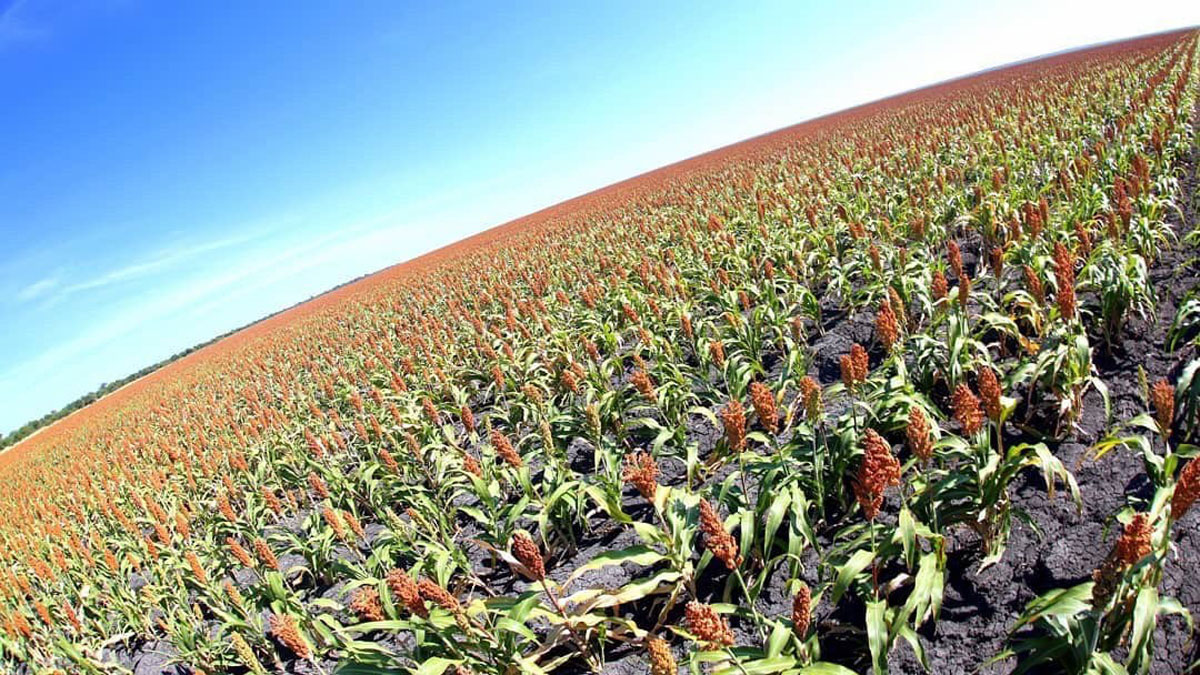BAMB call for calm amid sorghum shortage
Amid fears that the country’s sorghum reserves were running dangerously low, Botswana Agricultural Marketing Board (BAMB) have called for calm, insisting the situation is under control.
For a nation that consumes an average of 100, 000 metric tonnes of sorghum a year, this comes as welcome news.
Responding to a questionnaire this week, BAMB spokesperson, Adelaide Johnson assured Voice Money there was no need to panic, pointing out that they only need 5, 000 tonnes of commercial stock to carry the country through to the next ploughing season, which starts in June.
“There is still sorghum in our Strategic Grain Reserves, to the amount of 9, 200 metric tonnes thus the shortage experienced is not a threat to national food security. We are even engaging farmers on contract farming to ensure a steady supply of grains this year and expecting completion of additional storage of 60, 000 metric tonnes in April, that will boost our storage capacities,” revealed Johnson.
She blamed the current shortages on climate change, which resulted in poor rainfall during the last ploughing season – something Johnson warned looks likely to repeat itself this season as well.
“In this recent ploughing season, farmers started planting in November and December and it has been reported that it has been dry season since December. This resulted in planting being stopped with a plan to resume in January on the forecasted rains,” she said, adding this did not happen as the predicted precipitation never happened.
For Mosisedi Farmers Association Chairperson, Gofaone Mapitse, however, the shortage of sorghum is down to the low output from the farming community and high input costs.
“The cost of producing sorghum surpasses that of producing maize by roughly 20 percent. For one to be able to get a good harvest as farmers, we must gauge profitability of our businesses like any other business and ultimately decide on how much of a risk we are willing to take on board,” reasoned Mapitse, who described ‘sorghum production’ as high risk due to Botswana’s unstable weather conditions.
The widespread presence of the pesky quelea bird is another deterrent to local farmers, as the bird has a real taste for the crop.
“Hence sorghum production should be approached with careful consideration for the risks, which, if not managed, could lead to bankruptcy,” he cautioned.
Concluding with a word of advice for govt, Mapitse ended, “Government policy in Agriculture should be steered towards achieving both food security and enabling environment for profitability of the farmer who are always under pressure to produce in tough conditions.”
Though primarily a maize producing region, in the 2021/22 ploughing season, Mosisedi cluster planted 635 hectares of sorghum, yielding 1, 134.06 tonnes, more than triple the amount (468.12 tonnes from 355 hectares) managed the previous year.
Meanwhile, away from sorghum’s struggls, supply of yellow and white maize, beans, cowpeas and China peas is seen as stable.






